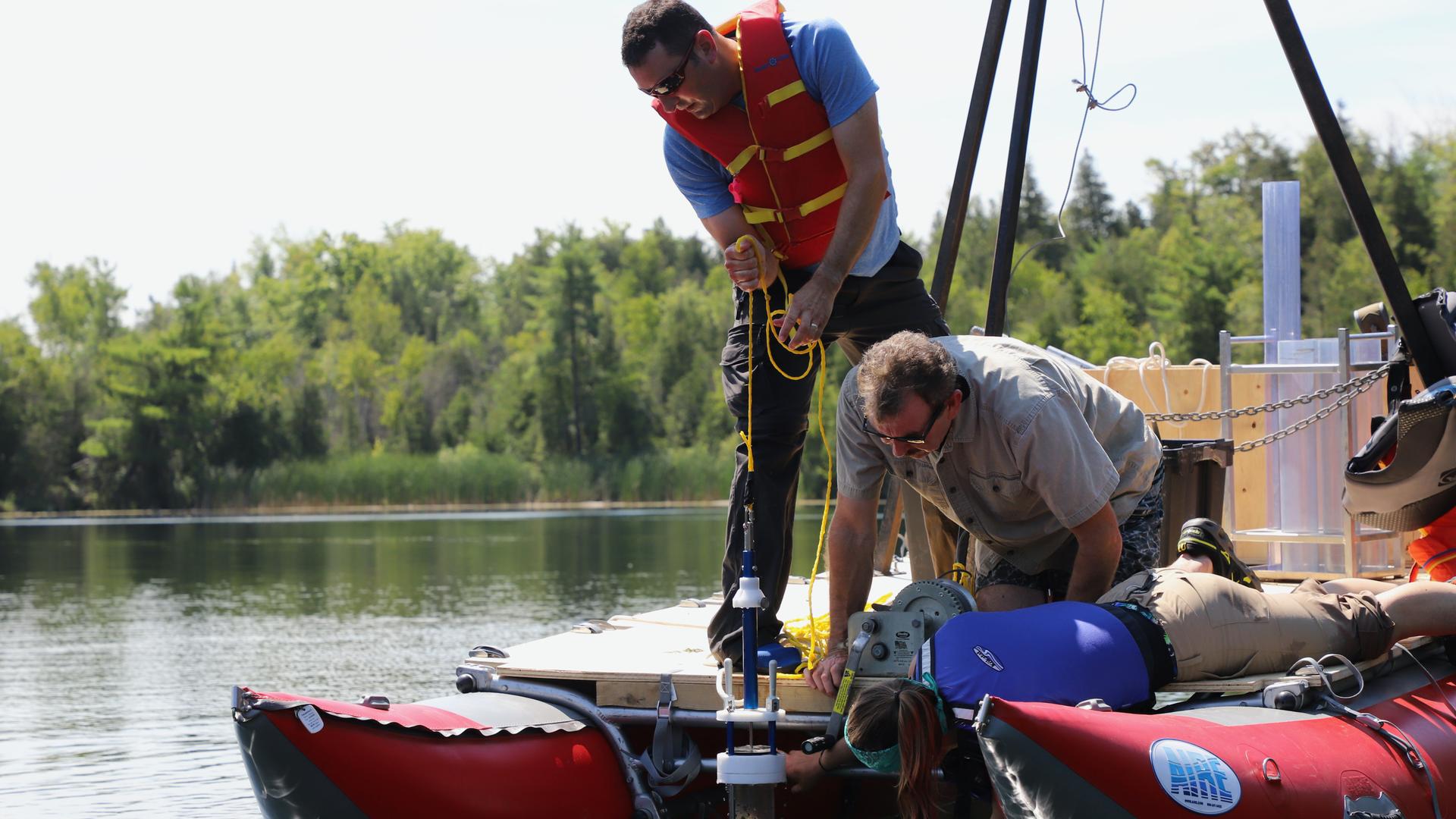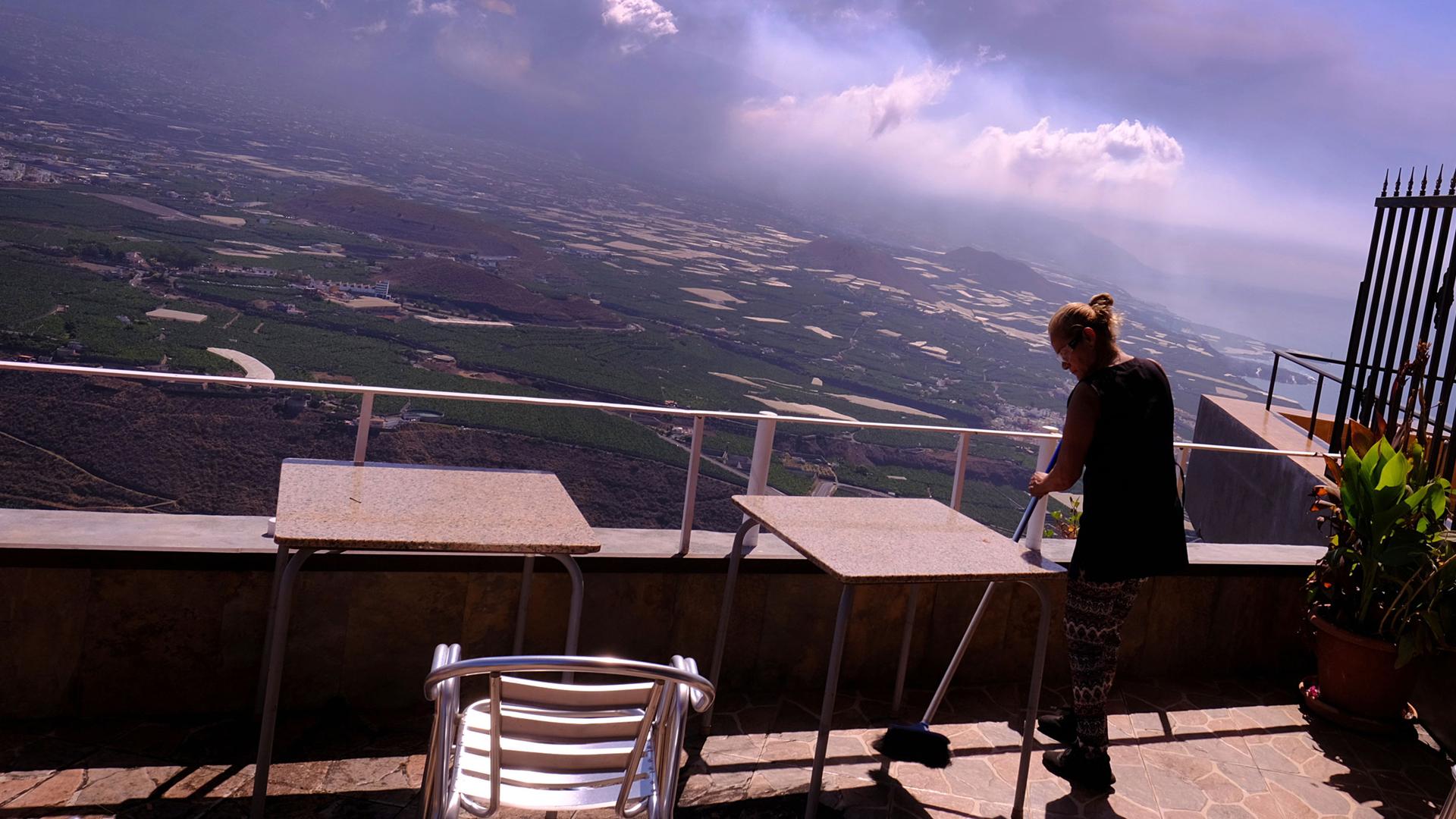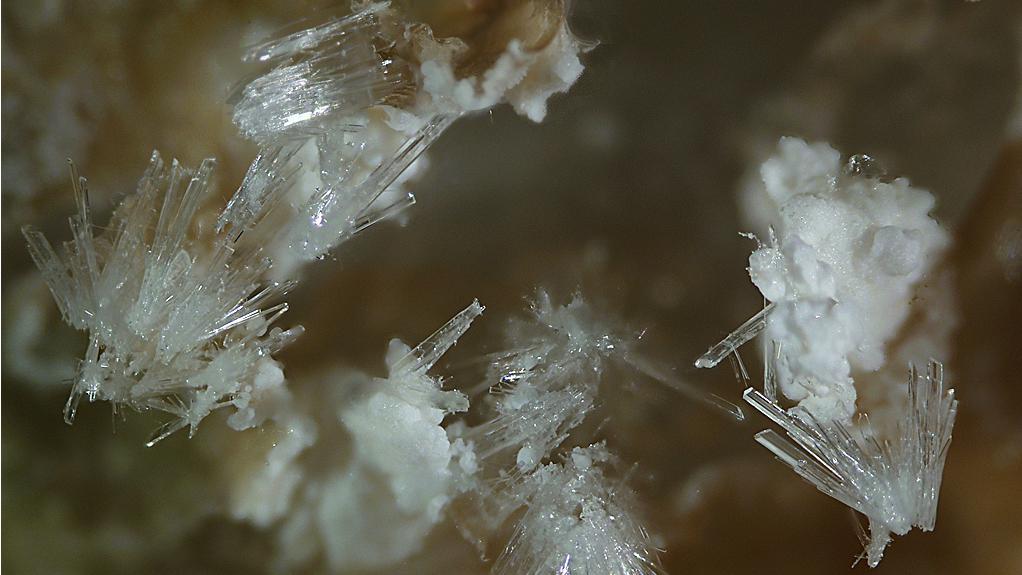Geology
Geologists edge closer to defining the Anthropocene
The Anthropocene Working Group is voting on a so-called Golden Spike, a sedimentary layer somewhere on Earth that best exemplifies the global impact of humans on planet Earth. It’s the last, big task in formally defining the Anthropocene, which is being proposed as a new age in geologic time.
How the Earth made its own water — out of rocks
Recent research has strongly suggested the ancient Earth was dry and could not support life until icy comets left behind the water necessary to create life as we know it. Now a new study suggests something very different: Our planet made its own water through geologic processes, and is still doing so all the time.
Remember the time Japan invaded the US? Yes, really
Everyone’s heard of the bombing of Pearl Harbor in Hawaii, but six months later, the Japanese also bombed Dutch Harbor in Alaska. Three days after that, they captured two remote islands far out on the Aleutian chain. It’s a battle that’s all but forgotten, but it’s the subject of a new book.


